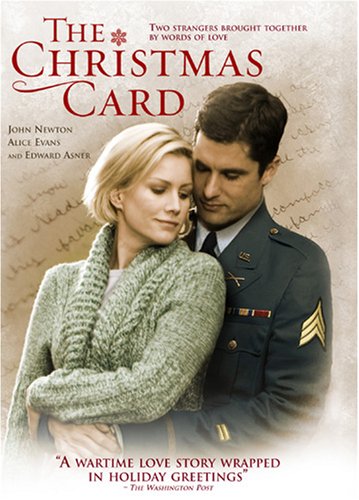This morning I set my mind to the task of writing to you, dear reader, and promptly made hot chocolate…and watched White Christmas. Having successfully burned two hours, I then reviewed my holiday calendar, read the Christmas story in Luke 2, and played carols on the piano. The holidays offer much material for creative procrastination.
The lilting melody of “He is Born” tugged at my heartstrings and, as beautiful music often does, turned my mind to deeper things. I thought about my Grandma, who loved Christmas and me dearly and whom I miss terribly this time of year. I thought about two friends—one overjoyed because her adoption journey recently culminated in a precious baby boy and one heartbroken because her arms are empty when it should have been her baby’s first Christmas. I thought about the relatives I can’t wait to see in the next few days at our family gatherings and the ones in whose presence I'm not as eager to be on account of unresolved conflict.
Ever pragmatic when it comes to my emotions, I decided that this sentimental reverie wasn’t doing me any favors in this “season to be jolly,” so I got up from the piano bench and looked around for a present to wrap or a batch of cookies to bake. Finding myself up to my eyeballs in gingersnaps and snickerdoodles and not quite crazy enough to mash my potatoes four days in advance, I determined that my physical preparations for Christmas were done. The irony of my vastly different states—outward completion and inner turmoil—was not lost on me, and I realized: it was Christmas in my home but not in my heart.
This is a classic struggle of mine—allowing hands-on work to crowd out space for mental, emotional, and spiritual work—and it’s a battle familiar to our culture, perhaps especially during this "most wonderful time of the year." Several chapters over from the Christmas story, Luke shows us one such scenario:
“As Jesus and his disciples were on their way, he came to a village where a woman named Martha opened her home to him. She had a sister called Mary, who sat at the Lord’s feet listening to what he said. But Martha was distracted by all the preparations that had to be made. She came to him and asked, ‘Lord, don’t you care that my sister has left me to do the work by myself? Tell her to help me!’ ‘Martha, Martha,’ the Lord answered, ‘you are worried and upset about many things, but only one thing is needed. Mary has chosen what is better, and it will not be taken away from her’” (Luke 10:38-42).
Though today by some Christmas miracle I find myself mostly ready for the coming days of seasonal get-togethers, numerous snapshots of my state of being over the course of the last month could be captioned “worried and upset about many things.” And heaven knows between the shopping, wrapping, baking, visiting, gathering, and attending, I’ve been “distracted by all the preparations that had to be made.”
What might it look like during this season to sit “at the Lord’s feet listening?” Or to choose “what is better?” Flipping back to Luke 2 with fresh eyes seems like a good start, so I begin to read, and what stands out to me this time around is completely different—“placed him in a manger,” “no room for them in the inn,” and “shepherds living out in the fields.” This is no Precious Moments nativity scene; this is a newborn in a feeding trough, a young family unable to find decent accommodations, and society’s lowest of the low. It’s into this messy and far-from-ideal set of circumstances that Jesus is born. “But the angel said to [the shepherds], ‘Do not be afraid. I bring you good news of great joy that will be for all the people. Today in the town of David a Savior has been born to you; He is Christ the Lord” (Luke 2:10-12).
That the Son of God and Savior of the world entered this planet in humble and even grimy circumstances is another irony not to be missed, one that has something to say to the full gamut of my earlier wonderings--to Christmas memories of my Grandma and longing to see her again, to both my rejoicing friend and my grieving friend, and to my peaceful family relationships and also those that are filled with strife. Good news. Great joy. For all the people. A Savior. Christ the Lord. Christmas in my heart.
What about you? I’d wager a bet it’s Christmas in your home, but is it Christmas in your heart? Amid the preparations that have to be made, how can you create space to ponder how Jesus’ birth meets you in the joys and messes of your own life?

























